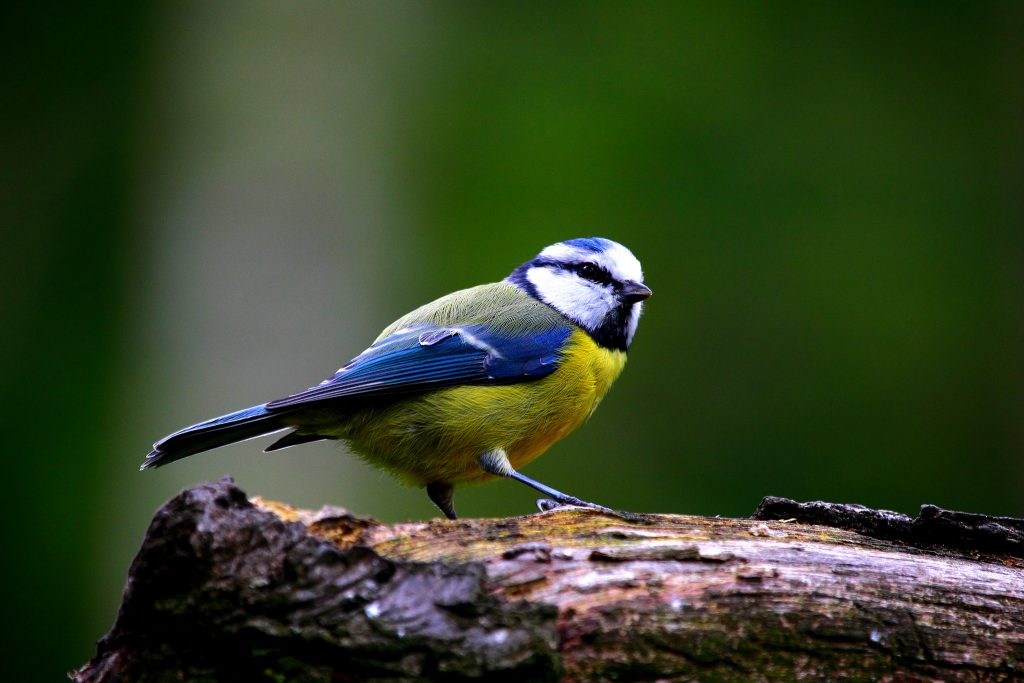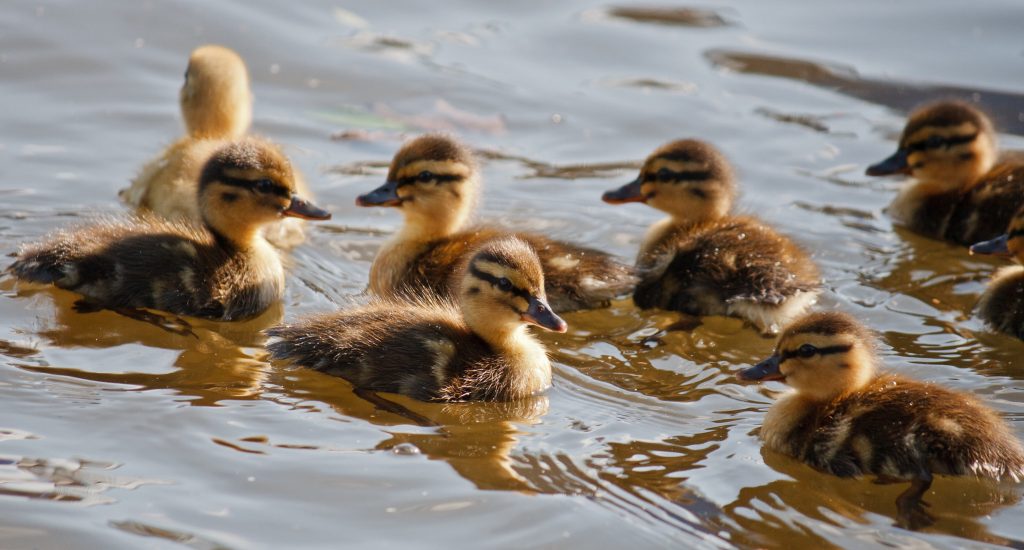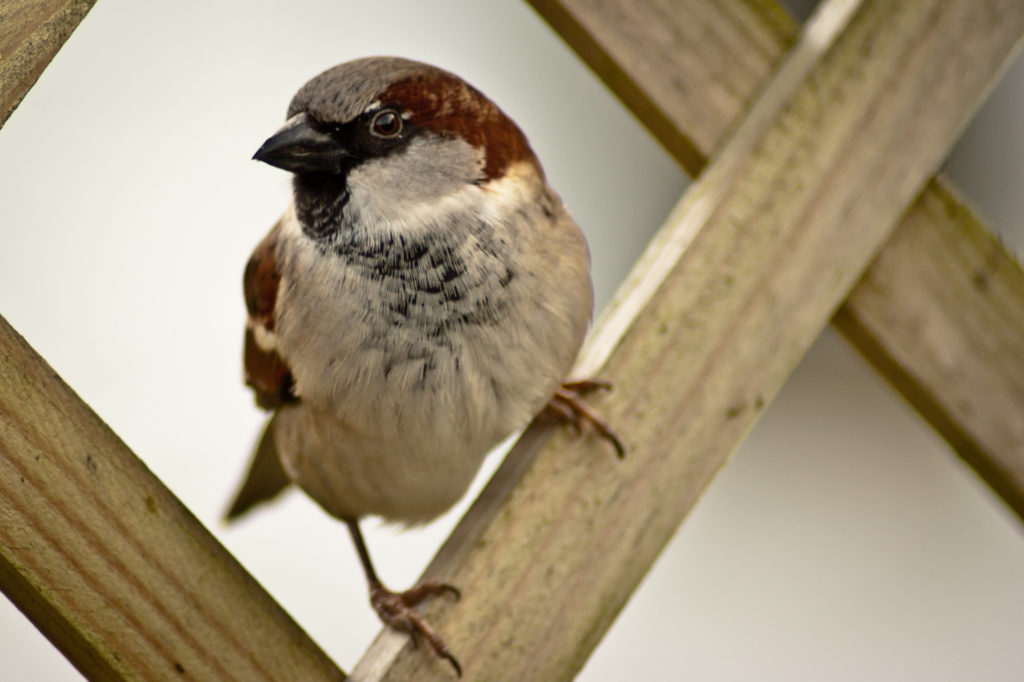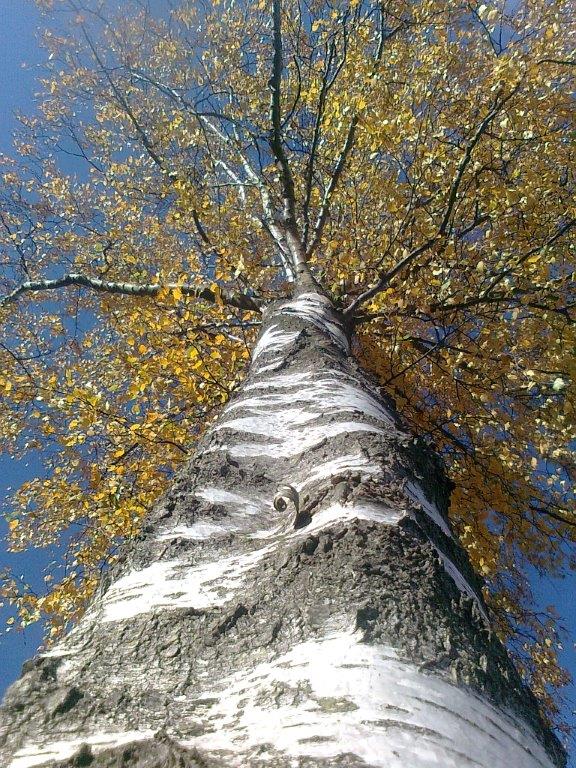
The Times, iNews, and Daily Mail report the peanuts may be supplied with the best of intentions but your bird feeder could be wreaking havoc on the local ecosystem. A study suggests that the spoils of bird feeders are not being divided fairly, with blue tits outcompeting more timid woodland rivals.
By analysing the droppings of blue tits in Scotland, researchers could gauge the impact of feeding by humans. Nest box occupation increased from 25 per cent in areas where no human-provided food was present in birds’ guts to about 75 per cent where it was.



